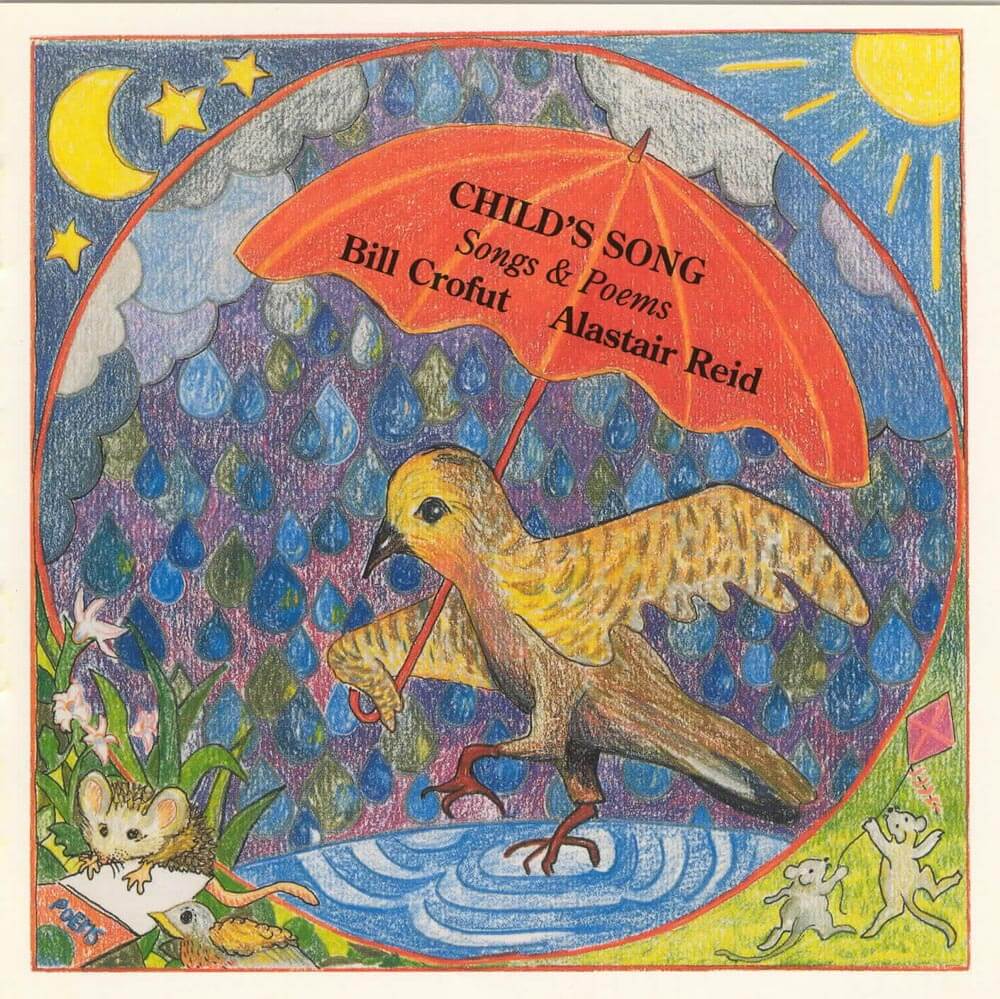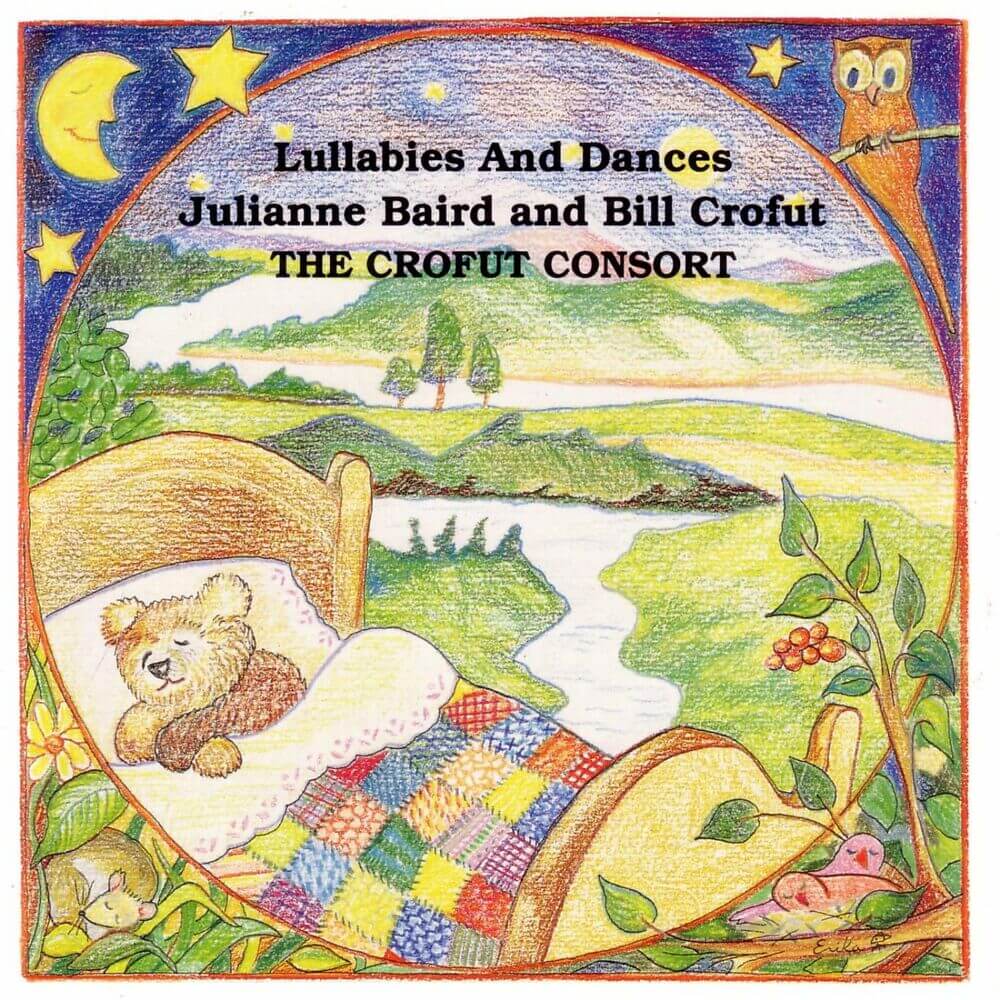Catalog #: TROY0059
Release Date: October 1, 1991Children's MusicAlastair Reid and Bill Crofut, collaborators on this disc of songs and poems for children write: "In some ways, children make an ideal audience for poetry: they have few preconceptions, they are alert to rhythm and cadence, and they can still thrill to the kind of word-excitements that occur in the language of poetry more than anywhere. They are less concerned with worrying a poem into being than with following where it takes them. So-called "children's poetry" often condescends to children as little people, whereas children frequently respond deeply to poems they may understand imperfectly. We have looked for poems with a certain tingle to them, a sound pattern that makes them good to take in through the ear. Songs and poems have always been closely related; and indeed, the songs on this record began life as poems, and remain poems. They have been given musical wings, as it were, by being made into songs and sent flying. The music of poems is sparer and quieter, but it is what makes poems stay in the memory. The two threads, of poetry and song, wind through this record, sometimes intertwining, sometimes separating, but always complementing one another. While one's perception of meaning in verse may change and grow with years, the basic joy in the rhythm and beauty of language is possibly as strong if not more so in childhood.
Catalog #: TROY0048
Release Date: September 1, 1990Children's MusicThis is a recording of folk and classical music transcribed for folk instruments. The connection between folk and classical is sometimes direct, as in Brahms's arrangements of existing folk tunes, or in the folk-based chorale tune of Jesu Joy of Man's Desiring; but more often the connection is one of mood, as in the folk dance-like character of My Lady Carrie's Dompe or the two bourées from Bach's English Suite. In trying to decide what to put on this recording we relied primarily on instinct, a feel for a piece, and whether it would work in transcription for folk instruments; but beyond any intellectual justification was the overriding sense of playing music we love. While the common theme is lullabies and dances, we did get sidetracked occasionally, when we simply wanted to play a particular piece.
Catalog

©2024 Albany Records. All rights reserved. | Privacy Policy | Website by PARMA Creative.

